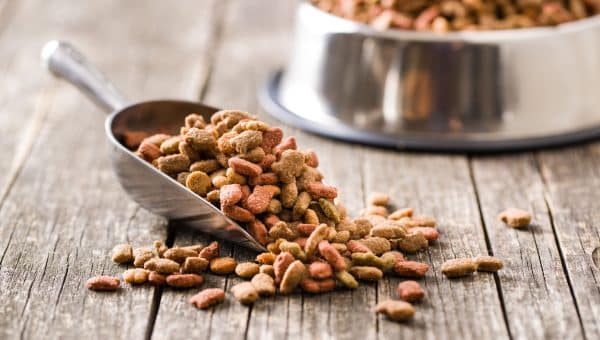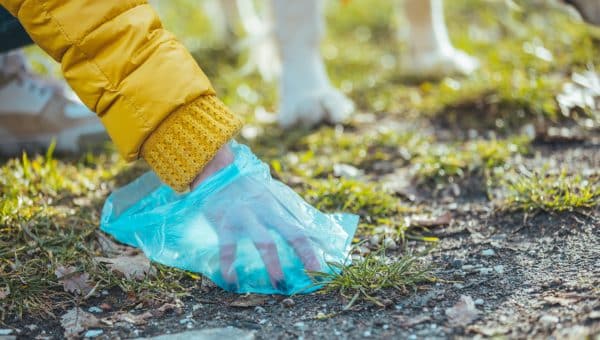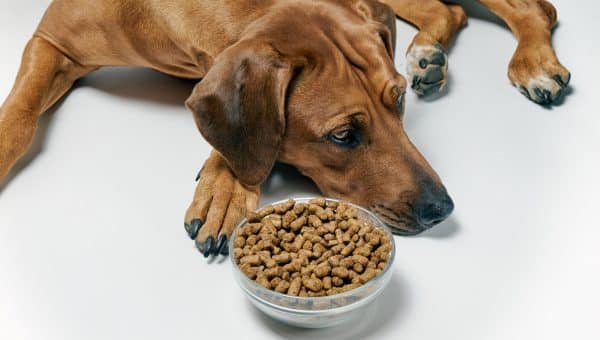Like humans, dogs can become infected with salmonella, the bacteria most commonly associated with food poisoning. These bacteria reside in our digestive organs and can cause nasty symptoms such as diarrhea and vomiting.
However, “salmonella infections in dogs are relatively uncommon,” states Brian C. Hurley, DVM, national medical director at AmeriVet. “Most dogs’ immune systems can fend off the bacteria, and [their] digestive systems are able to handle it without problems.” However, giving your dogs uncooked foods can increase their risk for salmonella, especially if they have a weakened immune system.
You’ll be pleased to hear that salmonellosis is treatable. “However,” Hurley says “some salmonella infections are serious and can lead to sepsis [blood poisoning], in which case the outcome may be less favorable.” If your dog starts showing symptoms, it’s vital to get them checked out by the vet for a proper diagnosis and treatment.
Let’s take a look at the symptoms and learn how to prevent you and your dog from infection.
Symptoms of Salmonella in Dogs
If your dog has salmonella poisoning, you’ll likely know about it quickly. “Salmonella may show within 72 hours of being infected,” explains Hurley.
Symptoms can persist consistently for several days to a week but may continue to show themselves for several weeks. Studies show the bacteria can be found in an infected dog’s feces for up to six weeks or longer after the initial infection!
Many of the symptoms seen in dogs with salmonella poisoning are the same as those in humans. For instance, both humans and dogs can experience vomiting, diarrhea, stomach cramps, and fever.
However, many dogs can have salmonella bacteria in their digestive systems yet not show any signs or symptoms. Humans can have salmonella in their systems and be asymptomatic, but this is less common.
Common symptoms of salmonella in dogs
These symptoms are some of those most frequently encountered.
- Acute diarrhea
- Vomiting
- Appetite loss
- Dehydration
- Swollen lymph nodes
- Lethargy
- Increased heart rate
- Depression
If your dog shows signs of salmonella poisoning, take them to the vet.
Severe symptoms of salmonella in dogs
If your dog starts to present with any of these symptoms, take them back to the vet immediately.
- Persistent fever
- Shock
- Uncontrolled weight loss
- Blood loss
- Non-intestinal infections
- Prolonged diarrhea (lasting more than 3-4 weeks)
- Miscarriage in pregnant dogs (a rare symptom)
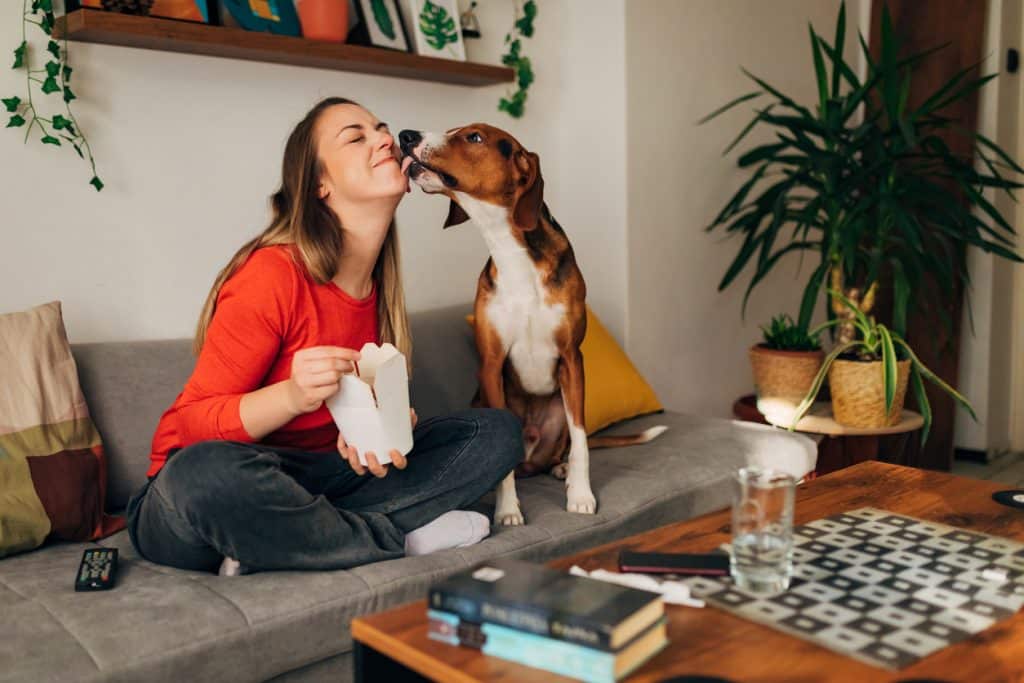
iStock/Kosamtu
How Do Dogs Get Salmonella?
Research suggests around 2.5% of canines are infected at any one time — and there are numerous ways this bacteria makes its way into their bodies.
One of the main ways canines become infected by salmonella is the same as humans: through consuming contaminated food or water. Studies have found that dogs who eat raw food are more at risk of food poisoning. Heat during cooking helps kill nasty bacteria, but raw food hasn’t undergone this process.
On rare occasions, shop-bought foods can inadvertently contain salmonella and infect your dog. However, food producers have strict control procedures in place, and any products known to be infected will be issued a recall notice by the Food and Drug Administration (FDA) as soon as possible. If a food has been recalled, it’s important not to give it to your pet.
There is another way dogs can catch salmonella, too. Because the bacteria is found in animal feces, they may become infected if they eat or lick any poop. Hurley reveals the bacteria can also be passed via saliva — so if your dog shares a bowl with an infected pooch, for instance, there’s a chance of transmission.
Dogs more at risk
Some canines are more susceptible to infection and less able to fight the salmonella bacteria once it enters their systems.
For instance, Hurley explains, “dogs with weaker immune systems are at greater risk for infections, as are puppies and senior dogs who have weaker immune systems.” In addition, canines under high stress or who have experienced concurrent diseases may also have weakened immunity.
Furthermore, he adds, dogs taking antibiotics may be more vulnerable “due to changes in [their] gut flora.”
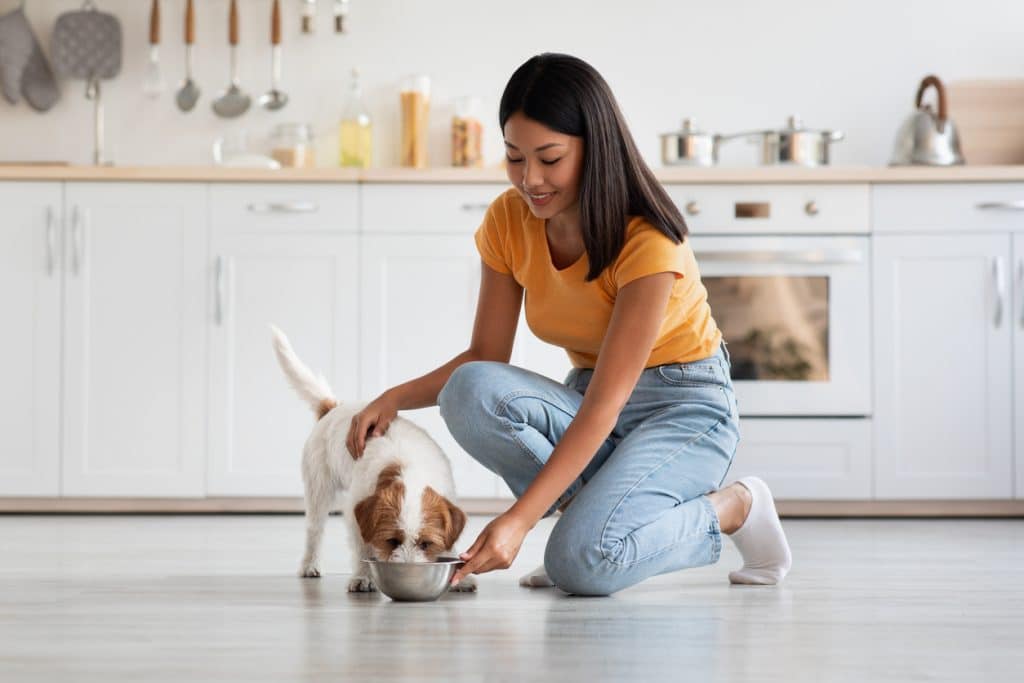
iStock/Prostock-Studio
How Do Vets Diagnose Salmonella in Dogs?
To start, your vet will run through the basics. Hurley says your dog’s medical history will be taken, as this “will help the veterinarian determine whether salmonella is a possible diagnosis.” The vet will then run through your dog’s symptoms and conduct a physical examination.
If salmonella is suspected, the vet may conduct further tests to confirm. Hurley notes that these include:
- Fecal cultures
- Blood work
- Blood cultures, if sepsis is present
It’s crucial to tackle salmonella poisoning ASAP, so treatments can begin as soon as a diagnosis is made.
Treatments for Salmonella in Dogs
Good news: you can help your dog if they’re poorly with salmonella. Depending on the severity of symptoms, treatments range from at-home measures to vet-prescribed medications.
- At-home hydration. Symptoms such as vomiting, fever, and diarrhea, make it easy for your dog to lose fluids and become dehydrated. Ensure their water bowl is topped up and give them a helping hand if they’re tired or weak.
- Probiotics. Hurley notes that, in uncomplicated salmonella cases, giving your dog probiotics may help recovery. Probiotics are ‘good’ bacteria that help restore a healthy gut flora — which aids in boosting immunity. Probiotic supplements for dogs are readily available but check with your vet before giving them to your pup.
- Intravenous fluids. Very poorly dogs with experiencing extreme vomiting or diarrhea may not be able to retain liquids. In these instances, a vet may give fluids intravenously — meaning it is injected straight into the vein. This ensures the body fully receives the liquid.
- Vet-prescribed antibiotics or steroids. A vet may prescribe medications in more severe cases of salmonella infection, especially if the dog has bad diarrhea. Antibiotics are given to fight bacteria, while steroids can be used to help prevent more serious side effects.
- Blood transfusion. In very rare cases of salmonella among dogs, the infection can develop into more serious concerns — such as blood loss or blood poisoning. As such, vets may perform a transfusion to bring flesh blood and platelets into the body and replenish its stores.
Nobody wants to see their furry pal poorly or in discomfort. But, it’s important to remember that salmonella infections usually clear up on their own, and most dogs fully recover with rest, hydration, and TLC.
Can My Dog Give Me Salmonella?
Unfortunately, if your dog has salmonella, there’s a chance the infection could be passed to you. However, the crossover risk is low: the University of Glasgow states that around 3% of human salmonella infections are from pets.
Salmonella is a zoonotic disease, which the Centers for Disease Control and Prevention (CDC) notes “are caused by germs that spread between animals and people.”
Zoonotic diseases are not all spread in the same way, however. In the case of salmonella, infection is typically passed via fecal matter. If you don’t wash your hands well enough after going to the toilet or clearing up after your pet, there’s a chance that salmonella germs will transfer onto items you touch — including food. Eating contaminated food or using contaminated utensils can put you (and your dog) at risk of developing salmonella.
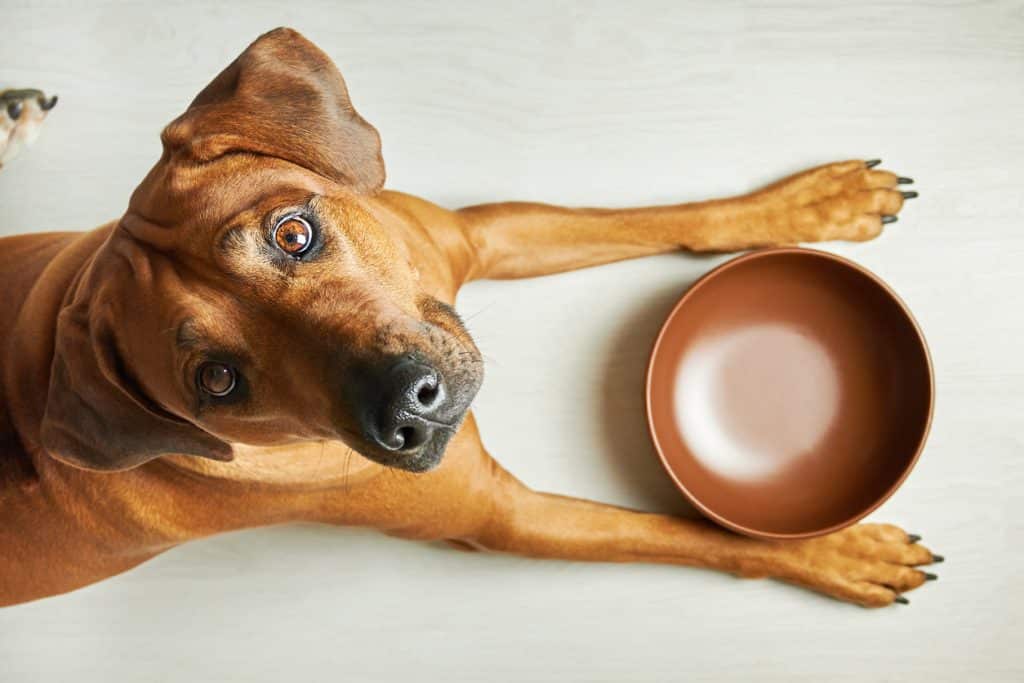
iStock/Zontica
How Can I Prevent My Dog and I From Getting Salmonella?
Salmonella can be nasty, so you’ll want to prevent your dog from catching it — and potentially passing the germs onto you!
Various measures can help reduce infection risk and transmission, including:
- Avoiding feeding your dog raw or undercooked meat
- “Practice good hygiene when eating and cooking,” Hurley states.
- Don’t let your dog eat ‘human’ food scraps (especially those given by other people)
- Always wash your hands thoroughly after handling your dog’s feces
- Wash your hands thoroughly (or even better, wear gloves) after clearing up a poorly dog’s vomit
- Thoroughly wash your dog’s food and water bowls regularly
- Always clean up your dog’s poop to “minimize contamination of the environment,” says Hurley.
- Don’t give your dog any recalled food (you can find an up-to-date list of products here)
Takeaway
Salmonella poisoning is relatively uncommon in dogs. However, symptoms can be severe and, in some cases, fatal — particularly among older and younger dogs. So it’s always essential to take steps to minimize infection.
One of the best approaches an owner can take is to ensure good food hygiene. Avoiding giving your dog uncooked food, ensuring food is stored correctly, and always washing your hands before and after food preparation will greatly reduce the risk of your dog suffering the effects of salmonella.
If you think your dog could have salmonella, it’s important to get things checked out — as prompt treatment is a crucial factor in recovery. As Hurley states: “Any time your pet is ill, it is essential to contact your veterinarian.”


